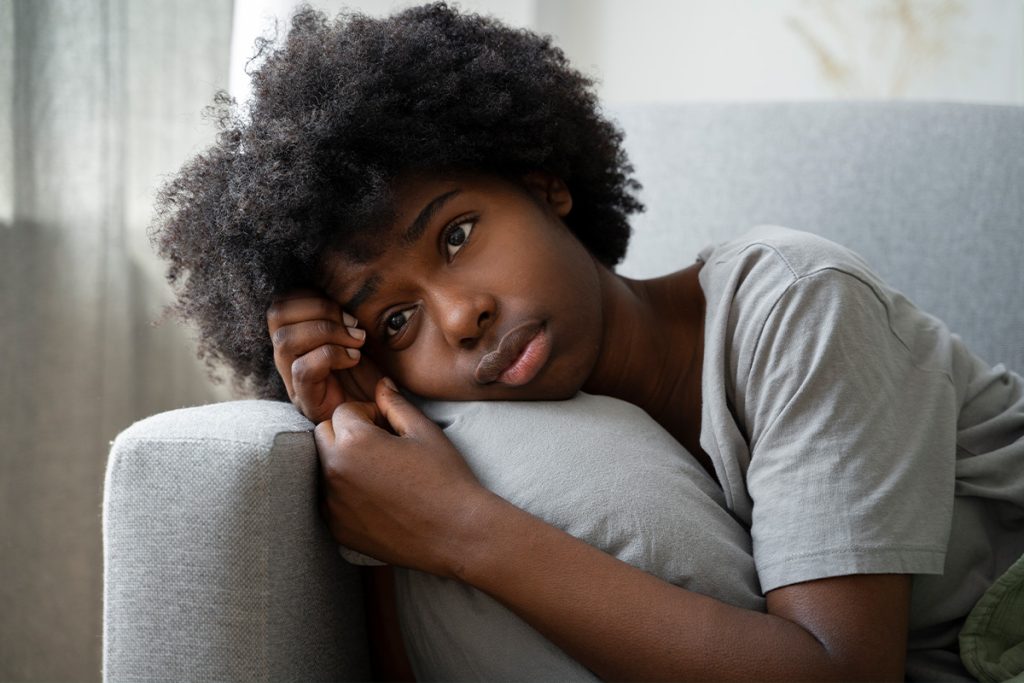"The wound is the place where the Light enters you." — Rumi
Therapy for Depression
Depression can feel like an overwhelming and isolating experience, but therapy provides a path toward understanding and relief. Through evidence-based approaches such as Cognitive Behavioral Therapy (CBT), mindfulness, and talk therapy, individuals can explore the underlying causes of their depression and develop coping strategies to manage their symptoms. Therapy helps to break negative thinking patterns, reframe difficult emotions, and reconnect with a sense of purpose. Whether it’s through one-on-one sessions, group therapy, or holistic practices, finding the right therapeutic support is an essential step toward healing and reclaiming your life.
Traditional and Holistic Approaches to Depression Therapy
Depression therapy is most effective when it addresses both the mind and body. Traditional therapy methods, incorporating holistic approaches like yoga, breathwork, and meditation can be transformative in the healing journey. These practices help individuals reconnect with their bodies, ease physical symptoms of depression, and cultivate a deeper sense of peace. Holistic therapy empowers individuals to address both the mind and body, offering a well-rounded approach to emotional and mental well-being. By combining talk therapy with these practices, individuals can enhance their healing experience, fostering a balanced, mindful, and integrated path toward recovery.
Types of Depression
- Major Depressive Disorder (MDD): Severe, persistent sadness and loss of interest lasting at least two weeks.
- Persistent Depressive Disorder (Dysthymia): Chronic, milder depression lasting two years or more.
- Bipolar Disorder: Alternating episodes of depression and mania or elevated mood.
- Seasonal Affective Disorder (SAD): Depression that occurs during specific seasons, typically winter.
- Postpartum Depression: Depression following childbirth due to hormonal and emotional changes.
- Premenstrual Dysphoric Disorder (PMDD): Severe mood swings and depression before menstruation.
- Situational Depression: Temporary depression triggered by stressful life events.
- Atypical Depression: Depression with mood improvement in response to positive events and physical symptoms like increased sleep.

Constructive Results of Depression Treatment
- Improved Mood: Reduced feelings of sadness, hopelessness, and irritability.
- Better Coping Skills: Enhanced ability to manage stress and negative emotions.
- Increased Energy: Improved physical and mental energy levels.
- Restored Interest: Renewed enthusiasm for activities and hobbies.
- Improved Relationships: Stronger and healthier connections with others.
- Better Sleep: Regulation of sleep patterns and reduction in insomnia or oversleeping.
- Higher Self-Esteem: Increased sense of worth and confidence
Finding Hope and Healing through Counseling
Struggling with sadness, hopelessness, or a lack of motivation? You’re not alone. Depression is overwhelming, but it’s treatable. In our counseling sessions, we’ll create a safe space where you can share your experiences and feelings. Together, we’ll uncover the factors contributing to your depression and develop strategies to help you thrive. Our goal is to empower you to recognize your strengths, challenge negative thoughts, and build resilience.
Taking the first step can be difficult. Schedule a complimentary 15-minute call to explore how we can work together toward a healthier, more fulfilling life.
